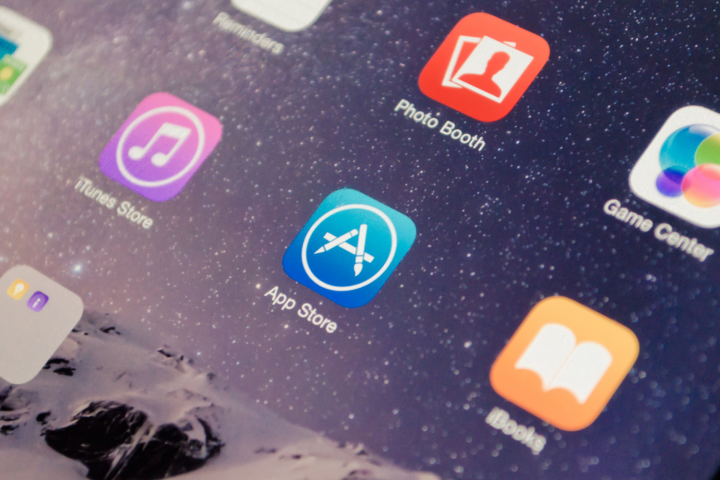
In the updated App Store Review Guidelines, Apple has added an additional requirement under the “In-App Purchase” section, which explicitly states developers must be transparent about the success rates for their loot boxes.
“Apps offering ‘loot boxes’ or other mechanisms that provide randomized virtual items for purchase must disclose the odds of receiving each type of item to customers prior to purchase,” Apple said.
Thus far, this type of industry self-regulation has largely been the only way of determining what players will receive when they purchase or earn a loot box in their games. Back in May, regulators in China forced Blizzard to reveal the probabilities for earning certain rewards in Overwatch loot boxes. Blizzard disclosed that a “legendary” item, for instance, only had a 7 percent chance of appearing, while “epic” items had just below 20 percent chance. Though these are presumably the same rates in the North American version of the game, there isn’t any way to know for sure without Blizzard disclosing that information, as well.
Some developers have already used “no loot boxes” as a marketing tool for their games. At The Game Awards earlier this month, A Way Out director Josef Fares assured fans his game wouldn’t feature them in an expletive-filled rant, while Obsidian promised no microtransactions or loot boxes would make their way into the studio’s upcoming Take-Two-published game.
Take-Two had previously said it would be using recurrent-spending models in all of its games moving forward. This would seem to include role-playing games like what Obsidian is developing, as well as any future Borderlands games and Red Dead Redemption 2. Given the public backlash to these systems, it’s possible the publisher could walk back its promise, but the microtransactions in its NBA 2K series are already among the most egregious in the industry.
Editors' Recommendations
- Everything you need to know about the massive Apple App Store outage
- These developers are doing something amazing with iPhone and iPad apps
- Our 5 favorite iPhone and Android apps by Black developers
- Guess how much Apple has paid App Store developers — you won’t even be close
- Sorry, but allowing third-party iPhone app stores is a bad idea

